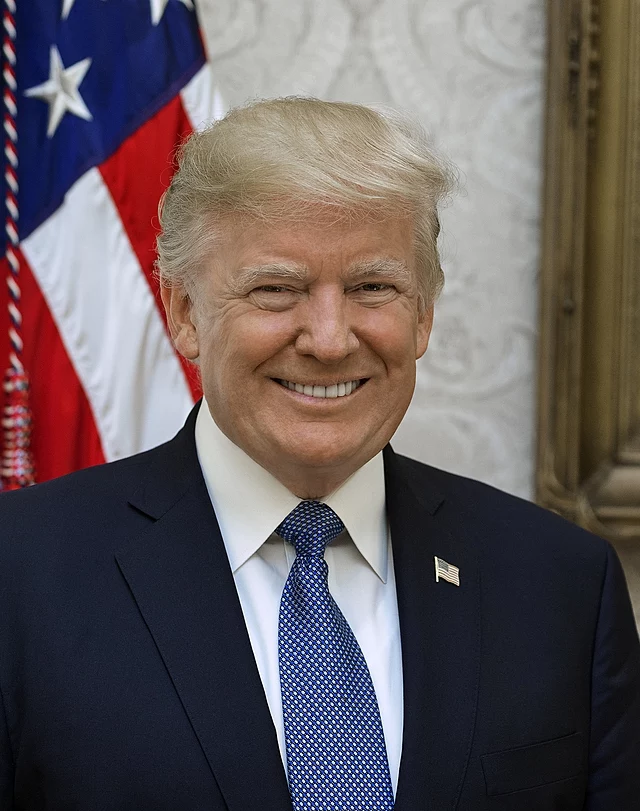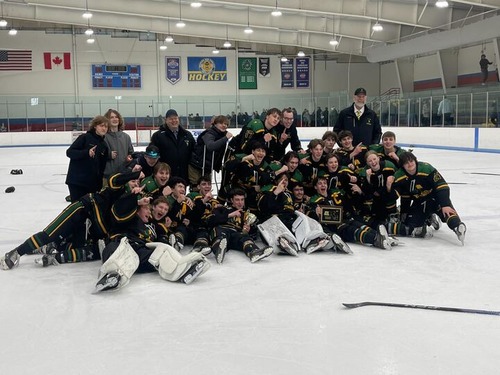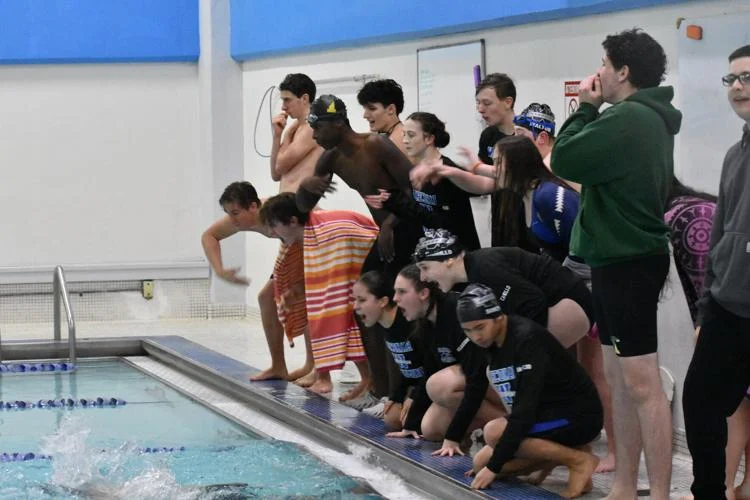Missile Strikes Poland During Russo-Ukrainian War, G20 Conference
November 23, 2022
On the afternoon of Tuesday, November 15th, Polish media reported that a missile struck and killed two civilians on their soil. The initial claim stated that Russia was responsible for the attack, and several member countries of NATO reached out to the affected country for discussion as to how they’d approach this incident.
For context, NATO, or the North Atlantic Treaty Organization, is an alliance of most Western, Far-Eastern, and Central European countries, The United States, Canada, and Baltic countries (that is, Latvia, Lithuania, and Estonia who each lie on the Baltic Sea and each border Russia). The alliance itself had been one of the leading reasons for Russia to launch their invasion of Ukraine–a country that both bordered Russia and applied to join the organization, pushing potentially hostile countries closer to their homeland.
The primary purpose of the NATO alliance is to protect every member country from acts of aggression from outside countries. The alliance was made in 1949 during the start of the Cold War when smaller European countries were paranoid about an invasion from the USSR’s ever-moving borders westward.
Because of this defensive focus, NATO’s clauses center around responding to acts of aggression as a combined force. The recent strike in Poland fell under this category. The 5th article of the alliance (commonly referred to in its Roman numeral form as ‘Article V’,) states the following: “An armed attack against one or more [Member] in Europe or North America shall be considered an attack against them all.” In context, this means that any outside nation invading even one member country without justification would be retaliated against by some of the most powerful countries in the world. This clause has only been invoked once in its history since 1949 when The United States invoked Article V to send a NATO coalition against Afghanistan following the September 11th attacks in 2001. The clause is so rarely invoked since over half of the developed world is in the organization, and declaring a joint war against a single country could lead to a third world war in most circumstances. Nonetheless, the alliance has been effective at keeping smaller countries safe with the protection of the bigger members, security which Ukrainians hope to one day achieve.
What exactly happened to Poland for this emergency meeting of NATO countries to commence? As stated earlier, a missile launched from Ukraine struck the Eastern village of Przewodow, Poland, less than four miles from the Ukrainian border. The missile in question struck a farmhouse, leaving two Polish farmers dead. Media stations in Poland initially claimed the missile was launched intentionally by Russia, mobilizing the Polish government to hold an emergency meeting about keeping the country safe from another attack. After hours passed, NATO as a whole held a meeting in Brussels, Belgium where ambassadors from most member countries discussed which country fired the missile and if the strike was intentional.
Last Wednesday, Secretary General of NATO Jens Stoltenberg held a press conference, where he declared: “our preliminary analysis suggests that the incident was likely caused by the Ukrainian air defense missile fired to defend Ukrainian territory against Russian cruise missile attacks. But let me be clear, this is not Ukraine’s fault. Russia bears ultimate responsibility, as it continues its illegal war against Ukraine.” Stoltenberg later stated that Russia had no signs they were planning a repeat strike near NATO territories.
At the time of the strike, the leaders of some of the strongest nations in the world were far from their respective homes with leaders such as Joe Biden of the United States, Justin Trudeau of Canada, and the newly appointed UK Prime Minister Rishi Sunak were all in Indonesia (North of Australia) for the annual G20 summit.
The G20 summit is an annual meeting with twenty countries in the world to discuss a single event each year concerning the entire world. This ranges from climate change to global trade-; the topic of this summit is ‘Recover Together, Recover Stronger.’
The strike on Poland was far from the only event of the summit as President of China Xi Jinping confronted Canadian Prime Minister Justin Trudeau in public, which was caught on camera by Reuters reporters. Jinping and his translator informed Trudeau that comments at an earlier meeting between the two had been released to the public, and in a subtly threatening manner, warned him to keep the promises they had supposedly made.
In addition to this altercation, Italy made its presence known in an anything but-positive manner. Newly-Elected Prime Minister of Italy Giorgia Meloni took her six-year-old daughter, Ginerva to the summit where the two met with leaders from The United States and China. Giorgia Meloni has taken criticism since her appointment for her far-right traditional views on social changes. The criticism carried into the summit as Meloni was accused of using her daughter as a political tool–a way to make a statement on ‘putting children first; keeping them free from LGBT indoctrination and abortion,’ so to speak.
NATO concluded with Stoltenberg’s press conference that this was most likely a Ukrainian-fired missile defending itself from Russian forces. Ukraine defends certain strategic areas from air attacks by using Surface-to-Air Missile defense systems (shortened to ‘SAM Turrets’), which track an incoming helicopter or plane and fire at it. Usually, the rocket either hits its target or is intercepted by a plane’s own defense system. But if neither happens, the rocket keeps going, and for long distances at that. More than likely a rocket was shot toward the northwest and missed its target, continuing and eventually landing on a Polish farmhouse.
Thankfully the attack was not intentional, keeping other countries out of this unnecessary conflict. What this incident did show, however, is how sensitive the world is at this moment to all-out war, where the smallest event like last Tuesday’s could descend the developed world into a possible third world war.











